Turkey Tycoon
1966 , Great Witchingham (Norfolk)
Cat no. 246
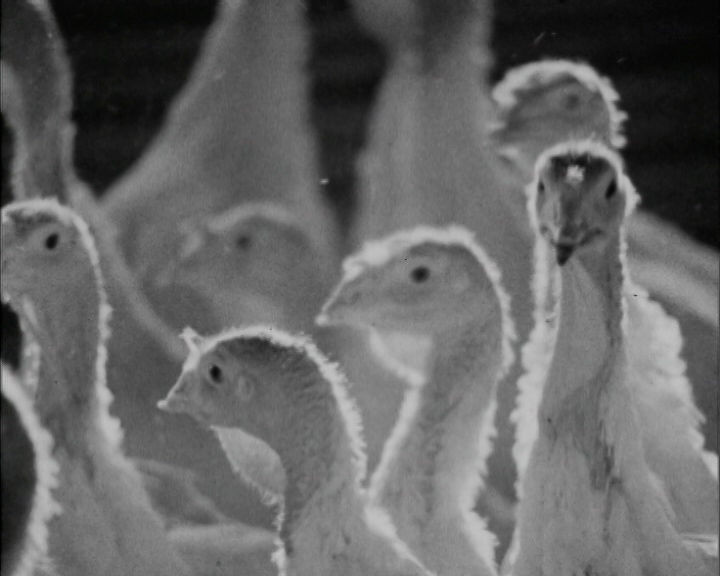
No video
There’s no web video for this work.
Please do get in contact to discuss other ways you could view this work.
BBC Television documentary profiling Bernard Matthews' turkey farming industry.
The film begins with a shot of Great Witchingham Hall, the home of Bernard Matthews and the administrative centre of his business. Bernard Matthews arrives in his car and alights. There are also shots from the turkey processing factory showing the birds hooked up on the overhead wires before moving to shots of the turkeys in the shed. Hugh Barrett interviews Bernard Matthews in his study. He describes himself as an agricultural industrialist. He denies that he is a tycoon; he feels that describes a financier. He is a manager. He is also a townsman. He describes how he entered the turkey business from his job with a livestock auctioneer. Asked if the government has saved his bacon with compensation for foul pest, he denies it, although the interviewer estimates that this has netted him £1m. The next sequence shows a board meeting before switching to the turkey sheds. This sequence takes the viewer through some of the stages of turkey processing and some may find it very upsetting. Birds are inoculated. The hatching of chicks shows them emerging from the eggs, from where they are kept in wire bottomed drawers before being sexed and packed into cardboard boxes. The laboratory is shown. Here there are post mortems on unexplained or premature deaths. There are also examinations of birds to check the breeding programme. Bernard Matthews emphasises at many points that the aim is to provide more flesh for less cost. In the next part of his interview with Hugh Barrett he talks of his venture into rabbit farming and also the failure of his rainbow trout farming venture. He explains that he has subsidiary companies in Australia and Italy and that he met Khruschev at the British Agricultural Exhibition in Moscow. There is a shot of a photograph of the two men meeting. Khruschev knew of him and his business and Matthews claimed, offered him a contract. However, Khruschev was deposed shortly afterwards. He describes Khruschev as a man after my own heart. In the factory, the actual killing lines are shown along with the process of slaughter and packaging. Matthews claims that the birds are killed humanely, being stunned by electricity. They are alive when strung up on the killing lines. Barrett interviews many of the workers about their jobs. One confirms that the birds do fight back. All confirm that they initially found the job sickening but that they got used to it. One describes the factory as friendly. The manager admits that most of the jobs are routine and done for fairly low wages. Later, Matthews confirms that that is the sort of worker he wants. Ideas are his department. Joyce Matthews, a former secretary, is interviewed. She describes the early days. Renovating Great Witchingham Hall that had been deserted for 14 years; living in one room, which also served as an office, whilst the turkeys occupied the Great Hall. Active in the early stages of the business, she is a member of the board, but takes a back seat. Her main concerns are selecting the show birds and entertaining Matthews' visitors. In the final part of the interview with Bernard Matthews, he offers no comment to being a millionaire. Asked about whether he is doing any damage to people by asking them to do such revolting jobs, Matthews rather evades the point and contrasts working in his factory with pulling sugar beet. He admits that he is cut off from his old circle of friends but claims that this is inevitable and anyway, the people he meets now are more interesting. He has no worries about changing the face of the countryside. His concern is to provide cheap food; he admits to having no interests outside work and appears to be unable to see beyond this. He denies that there is anything cruel about his treatment of his birds. He claims that there is no scientific evidence that birds need anything but food, water and warmth. He comments on the state of the industry in the future. He predicts that in 20 years' time there will be only 8,000 poultry breeders in the world; that many are already branching into other livestock. He has little time for suggestions that he is destroying the poetry of the countryside. The film ends with general pastoral views.
Featured Buildings
Great Witchingham Hall
Keywords
Factory farming; Turkeys
Other Places
Langham
Background Information
At the time of this film Bernard Matthews was 36 years old. His factory was turning out 1 1/2 million turkeys a year and employing 300 people. Fifteen years earlier he was earning ?32. 6/ a week with a firm of livestock auctioneers. By 1987 his business empire had a market value of ?115m.
-
Producer : Malcom Freegard
-
Interviewer : Hugh Barrett
-
Sound : Peter Caselberg
-
Camera : Stewart Farnell
-
Editor : Oliver White
-
Production company : BBC
Manifestations
Turkey Tycoon
-
Genre: Documentary / Television / Animal
-
Locations: Great Witchingham (Norfolk)
-
Description Type: monographic
-
Related to: Eye on the Countryside
-
Related to: BBC
-
Subject: turkeys / turkey farming / factory farming / Bernard Matthews / Bernard Matthews Farms Ltd
Copyright restrictions apply.
Please see our terms of use. Films on this website are provided for personal viewing. Should you wish to use the films in any other way please contact eafa@uea.ac.uk
terms of useThe data for this page was generated on 01/11/2024 00:38:12+00:00. Click to regenerate this page .
